A mom-of-four thought her forgetfulness was happening because of menopause, but was devastated to be diagnosed with dementia at just 49. Now, she opens up about the stigma around the condition, heartbreakingly revealing that ignorant strangers have told her she should be locked up in an institution.
Amanda Quinn barely noticed that she was becoming absent-minded towards the end of 2017, only realizing that there was a problem when she went to the doctor because of an ear infection – and completely forgot why she was there, when asked,.
A string of tests followed, before she was officially diagnosed with a rapidly-progressing form of Alzheimer's – the most common type of dementia – in January 2018. Struggling to process the bombshell news, the first thing she did was turn to her husband Steven Quinn for support.

Now, speaking out ahead of World Alzheimer's Day 2019, Amanda wants to raise awareness of the shocking stigma she has faced as a younger person battling the disease.
“I've lost friends over my diagnosis because they don't know how to deal with it. I've tried to tell them, 'I'm still me' but they just don't get it," she said. “I've also been told I 'don't look like I have dementia' – what do people want, me to wear a uniform saying, 'Beware! Dementia!' Because people can't physically see my dementia, they make lots of assumptions and can be very ignorant."
“I had an especially horrible experience on a train recently where I was told by another passenger that I'm a danger to society and should be locked away.' Amanda added. “I wish society would stop treating people like me, with dementia, like we're stupid or don't know what we want. Give us a chance to let us be who we are – we still have a voice, so don't take away our right to use it."
Amanda had to quit her pursuit for a criminology and psychology degree at the time of her diagnosis.

At the time, the differences were so subtle to her that she barely even noticed them – then, everything came to a head when she went to the doctors about an unrelated earache.
“The doctor asked what he could do for me, and I realized I couldn't remember why I was there. Thankfully, I had Bethany with me, who explained that I did have an earache, but that also I hadn't been myself recently and was forgetful and moody," she explained.
From there, Amanda underwent a memory test, which involved asking her questions like what year it was and what certain objects were called, which highlighted that she was struggling to retain things.
Meeting once again with doctors two weeks later, the word "dementia" was mentioned for the first time.
“That had never even crossed my mind. I thought the forgetfulness was just a sign that I was starting the menopause," she added. “I was referred for more tests, including an MRI and CT scan and blood tests, but I was that sure I didn't have dementia, that I thought they were wasting their time."

But shockingly, the results revealed in January 2018 that Amanda did indeed have early-onset dementia.
“I walked out of hospital, got in the car, closed the door – and just burst into tears. I kept thinking, 'I'm 49, this shouldn't be happening to me.' My husband phoned my older sons, Jon and Christopher, who don't live at home anymore, and asked them to come round," she continued. “We gathered everyone together and told them the news. I was crying so much, but then Jon, my eldest, turned to me and said, 'We're going to get through this as a family. Whatever you need, we're all here.' I couldn't have asked for more – they're such amazing kids."
Since her diagnosis she is determined to stay positive.
She can no longer cook, as she does not remember how, and once-loved hobbies like cross-stitch are now impossible as they require too much concentration.
She also cannot go for walks alone any longer, as she gets easily lost.

“I seem to have lost my sense of danger. I just step out in front of cars – I think I almost just don't notice them there," she explained. “I used to love to read, which I still do, but I couldn't tell you what a book is about. Still, I'll just get lost in the page I'm on and try not to worry about what the plot is."
“I have good days and bad days. Days where I'll cry, days where I'll get frustrated and days where I'll just sleep," she continued. "Bethany in particular is with me pretty much 24/7. No child is ever taught to be a carer, so I think people don't quite understand what's required of her. It's like our roles have reversed. Now, she holds my hand as we cross the road – just like I did to her when she was little."
Speaking out for World Alzheimer's Day 2019 Amanda wants to encourage people to be more mindful of so-called invisible conditions like hers.
Sadly, since her diagnosis, she has found herself on the receiving end of thoughtless, and sometimes downright nasty, comments.
“I was recently on a train with Bethany, going to an Alzheimer's conference, when somebody was sitting in our reserved seats," she continued. "Bethany asked them to move, but they refused – even when she explained I have dementia."

“They were saying all sorts of horrible stuff about me, and though Bethany tried her best to protect me from it, I heard it all," Amanda continued. “They said I should be locked up, that people like me shouldn't be in public, that I should have my own carriage on the train because I was a danger to society. In the end we walked away and found different seats. We sat in silence for the whole journey, both trying not to cry."
Now hoping to fight back against such ignorance, Amanda is calling for more awareness of dementia and the ways it can impact those with it, in the hope that, eventually, society will become more understanding to people like her.

“Alzheimer's Society UK are amazing, and together, we are really passionate about raising awareness," Amanda continued. “With lots of conditions, as soon as you're diagnosed, you have a whole specialist team and all this information, but with dementia, there's nothing. I felt as if I had been just handed a death sentence and sent on my way. To be told you have dementia at 49 is like being given a loaded gun."
“That's why charities like Alzheimer's Society UK and the support they give are so important," she concluded. “I refuse to say I suffer with dementia – I live with it. I still have a life, and a voice, and things I want to do. My family and I get through the only way we can – day by day. Now, I am trying to make as many memories with them as I can, so we have those happy times to look back on."

“It's horrifying to hear that people like Amanda are experiencing such terrible stigma as they simply try to get on with their daily lives. This is unacceptable and highlights the urgent need for us as a society to take action," Jeremy Hughes, Chief Executive of Alzheimer's Society, said.
“We are at the forefront of a movement to alter misconceptions about people with dementia. Today, I'm delighted to announce we've reached a new milestone, having reached three million Alzheimer's Society Dementia Friends in the UK. This has inspired a global dementia friendly movement of 61 initiatives, leading to 18 million Dementia Friends worldwide. This army of people is challenging stigma every day in workplaces, schools and public places – making sure that people with dementia are better understood, included and respected here and all over the world."
To sign up as a Dementia Friend, visit dementiafriends.org.uk

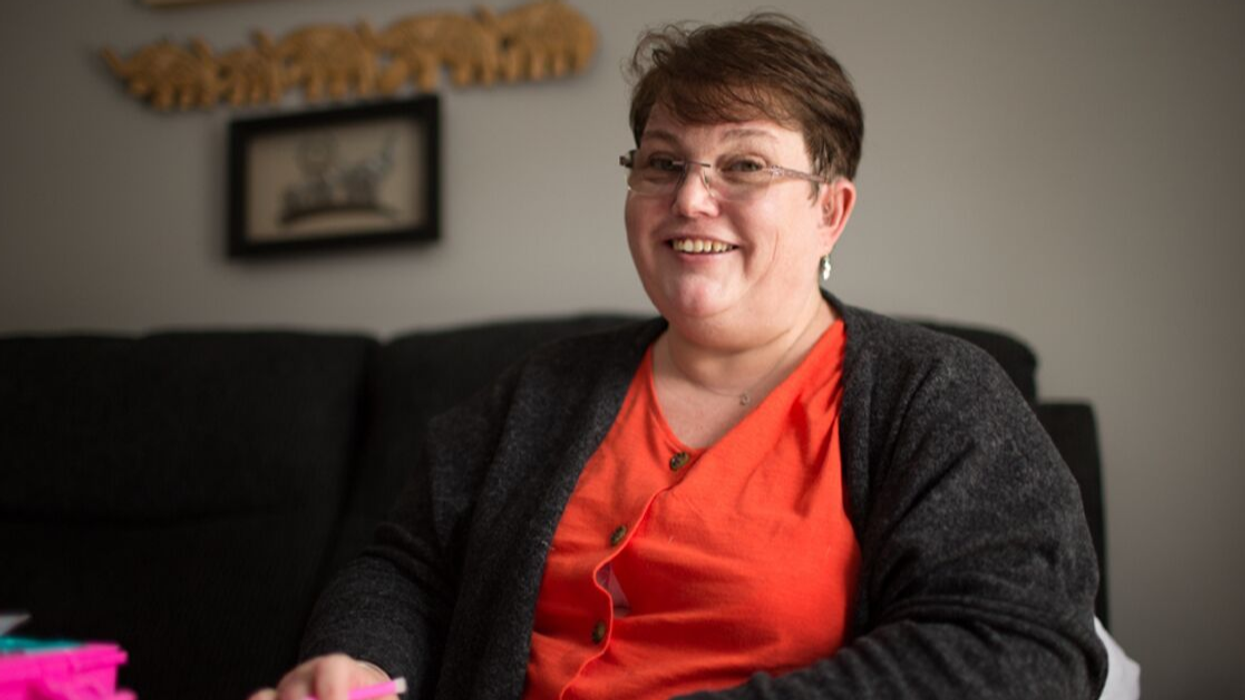





 @DuncanCecil/X
@DuncanCecil/X @@realDonaldTrump/Truth Social
@@realDonaldTrump/Truth Social @89toothdoc/X
@89toothdoc/X @xray_media/X
@xray_media/X @CHRISTI12512382/X
@CHRISTI12512382/X





 @sza/Instagram
@sza/Instagram @laylanelli/Instagram
@laylanelli/Instagram @itssharisma/Instagram
@itssharisma/Instagram @k8ydid99/Instagram
@k8ydid99/Instagram @8thhousepath/Instagram
@8thhousepath/Instagram @solflwers/Instagram
@solflwers/Instagram @msrosemarienyc/Instagram
@msrosemarienyc/Instagram @afropuff1/Instagram
@afropuff1/Instagram @jamelahjaye/Instagram
@jamelahjaye/Instagram @razmatazmazzz/Instagram
@razmatazmazzz/Instagram @sinead_catherine_/Instagram
@sinead_catherine_/Instagram @popscxii/Instagram
@popscxii/Instagram

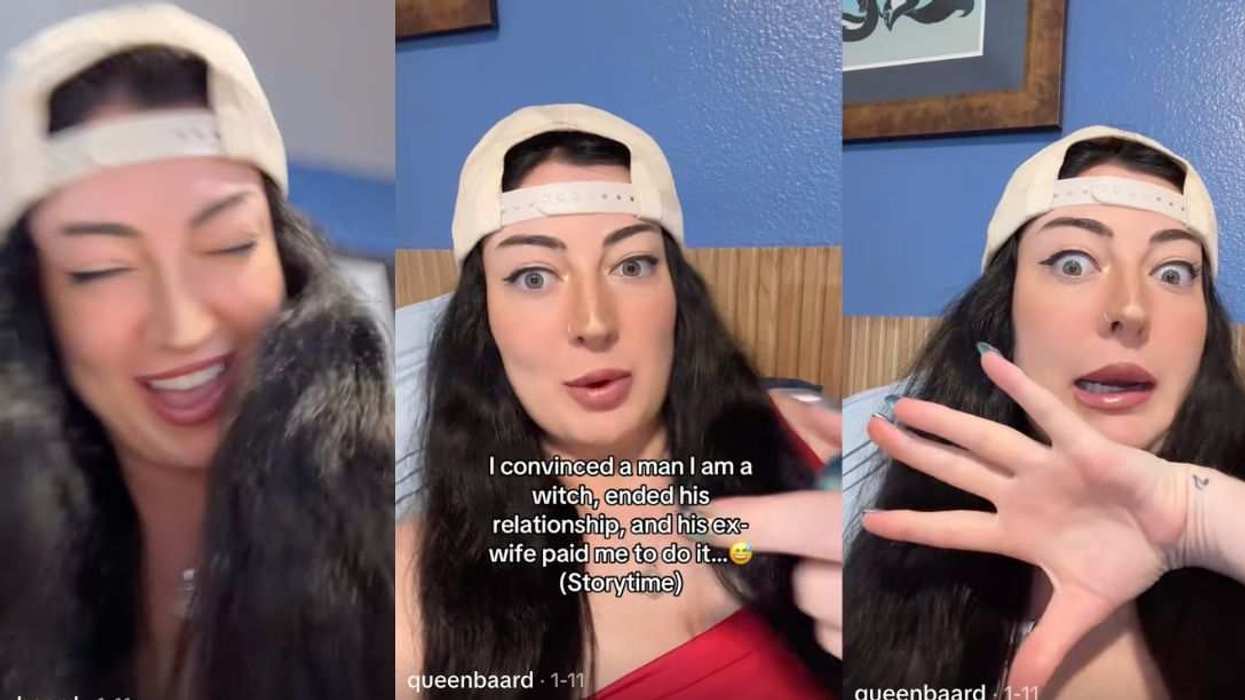
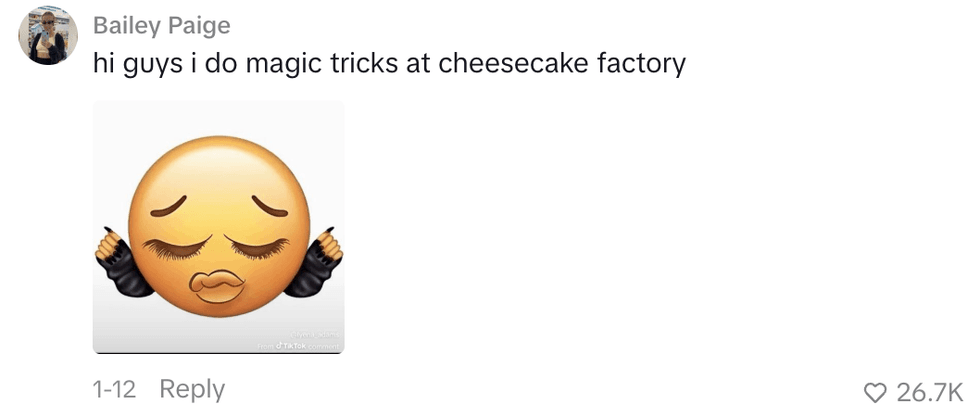 @lapetitefrit3/TikTok
@lapetitefrit3/TikTok @username12042023/TikTok
@username12042023/TikTok @mzansinatural/TikTok
@mzansinatural/TikTok @strawberry.princess22/TikTok
@strawberry.princess22/TikTok @sades.spam24/TikTok
@sades.spam24/TikTok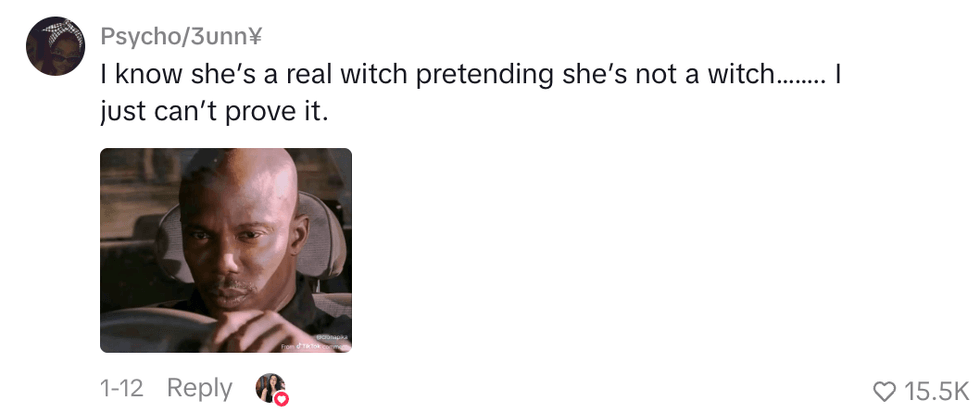 @psychobunn13/TikTok
@psychobunn13/TikTok @breannabryant967/TikTok
@breannabryant967/TikTok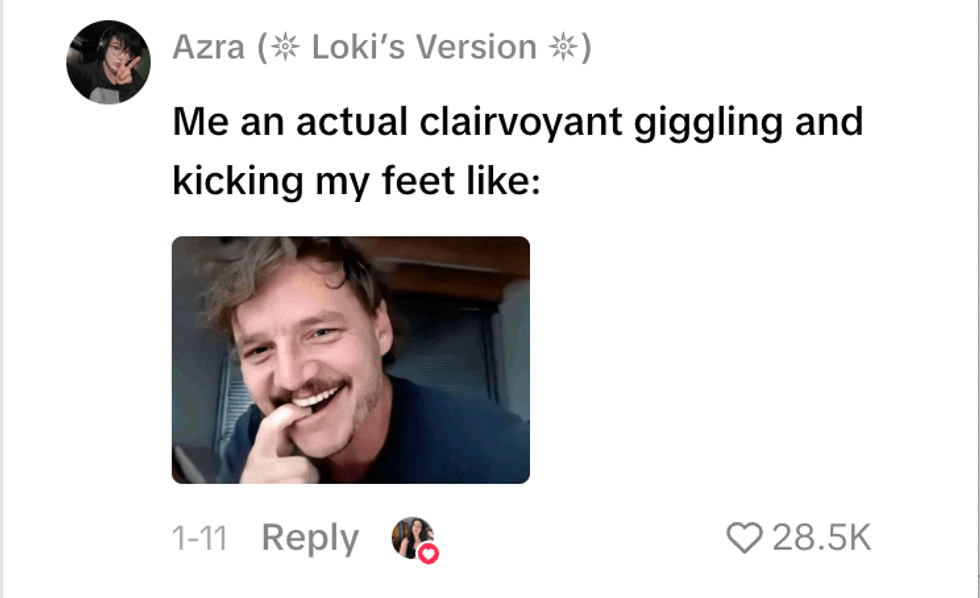 @sherlockholmes_asscheeks/TikTok
@sherlockholmes_asscheeks/TikTok @dreantoine_/TikTok
@dreantoine_/TikTok @jaythorlove/TikTok
@jaythorlove/TikTok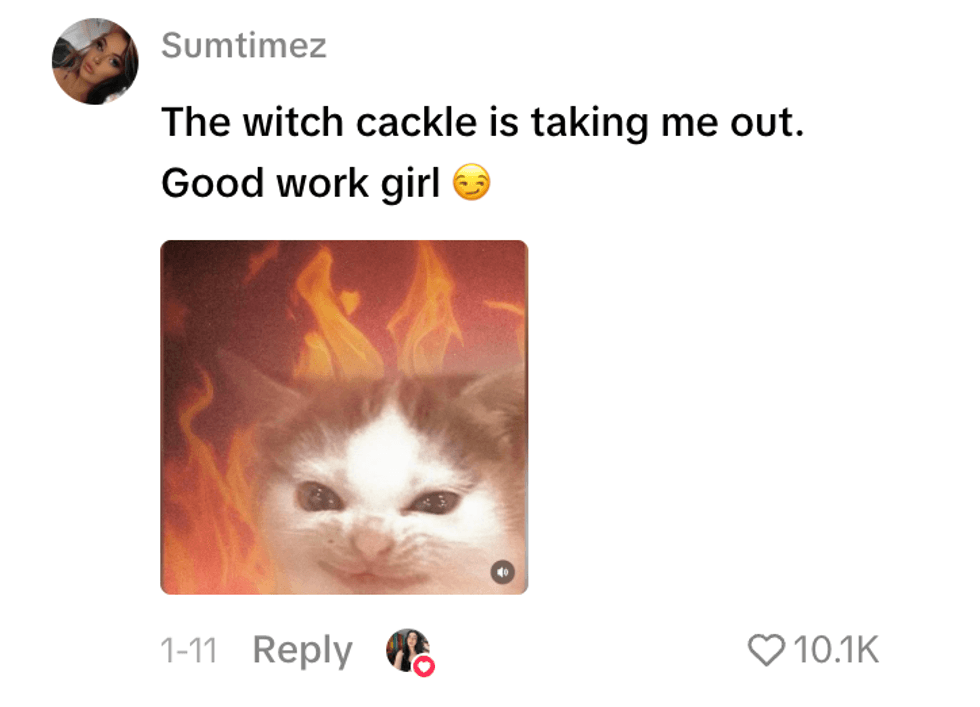 @sumtimezmusic/TikTok
@sumtimezmusic/TikTok @jackiegale583/TikTok
@jackiegale583/TikTok